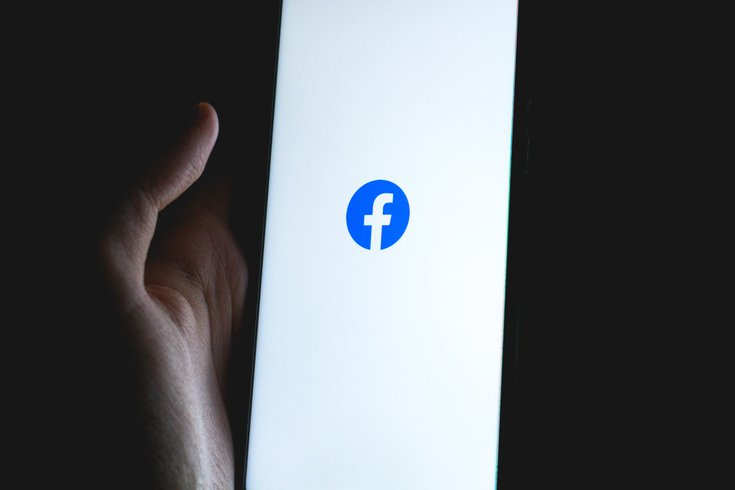
June 27, 2023
 Dawid Sokołowski/Unsplash.com
Dawid Sokołowski/Unsplash.com
Meta, the parent company of Facebook, Instagram and Messenger, introduced new settings that allow parents to see their children's contacts lists and who they're messaging. The company also increased protections for unsolicited direct messages on Instagram.
Meta, the parent company for social media platforms Facebook, Instagram and Messenger, rolled out new features allowing parents more access to their children's accounts.
As part of the Meta Family Center, new parental supervision tools are now available for users in the United States, Canada and the United Kingdom.
Parents can add themselves to their kids' Messenger accounts and receive updated contacts lists; view who can message their child and if those messaging settings are changed; and see their child's Messenger stories.
"Today's update is part of our ongoing work to establish Family Center as one central place where parents and guardians can find resources and tools to help manage their teens' experiences across Meta technologies and strengthen the dialogue between parents and teens about their online lives," Meta said in a press release.
Additional parental controls include seeing how many Instagram followers their child has in common with accounts they follow or are followed by and a notice once a child has blocked someone on Instagram.
"Through this notice, we're meeting teens at specific moments to remind them how they can benefit from parental guidance when it comes to navigating their online interactions," Meta said.
Other new features allow users to limit unwanted Instagram direct messages. Meta now requires people who want to message someone they don't follow to send an invite, and only one invite can be sent at a time. Users won't be able to send another one until the recipient accepts. The invitations are reduced to only text so users won't receive unsolicited photos, videos, voice messages or calls.
Another update is the Take a Break feature, which alerts teens when they have spent 20 minutes on Facebook or Instagram and encourages them to take a break from the apps. Take a Break will also allow users to set daily time limits.
Previously, Instagram added Quiet Mode, which turns off notifications and sends an auto-reply when a user receives a direct message. Instagram alerts teens to consider enabling the mode during late-night timeline scrolls.
Meta said all of the updates are to safeguard teenagers while online and to help parents so they are aware and equipped to support their children with any issues they may face from social media.
Earlier this month, U.S. Surgeon General Vivek Murthy released an advisory on social media's harmful effects on children and adolescents. He urged collaboration to better protect young people from the negative sides of sites like TikTok, YouTube, Snapchat and Instagram.
Murthy said social media exposes children and teens to harmful content, including violence and sex. He also said social media compromises children's sleep and in-person interactions with friends and family. Approximately 95% of youth ages 13-17 use some form of social media, the Pew Research Center reported last year.
New guidelines from the American Psychological Association recommend young people receive literacy training before using social media and that adults monitor their children's use and set time limits.
Teens consume digital media nine hours per day, a 2016 report by Rawhide Youth Services revealed.
Sen. Vincent Hughes of Philadelphia and Sen. Kristin Phillips-Hill of York County introduced legislation last month aimed at protecting minors on social media by requiring children under 16 years old to get consent from a parent or legal guardian before creating a social media account.
The memo for the legislation references a Bucks County lawsuit against TikTok, Facebook, Instagram, Snapchat and YouTube, alleging that constant use of the platforms has worsened anxiety and depression among young people.
The legislation was referred to the Committee on Communications and Technology this month.